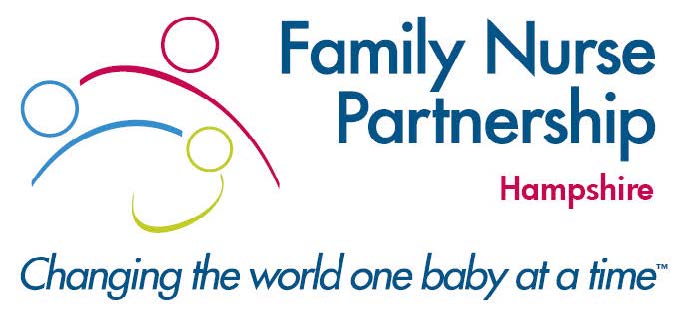
The impact of poor maternal health on unborn and new-born babies hit me hard when I was working in the community as a student midwife in Nottingham during the 1990s. Before that, I had worked on a surgical ward, where I hadn’t truly considered the deep-rooted issue of health inequalities. But midwifery opened my eyes in a way I could never have anticipated.
During my training, I regularly visited families living in poverty, families more likely to smoke, engage in substance use, have poor diets, and struggle to afford the basics such as dental care. I witnessed babies born prematurely, needing high levels of intervention in neonatal units. Their life chances were already reduced before they’d even opened their eyes. I often found myself thinking: if these babies had been born in a different part of the country to healthier, better-supported parents, their lives could have been so different.
This was a turning point for me. I knew I had to work within public health to improve outcomes for disadvantaged families. I needed a direction - a plan to make meaningful change.
After working as a midwife for several years, I trained as a Health Visitor. It’s a role far more complex and rewarding than many realise, so much more than just weighing babies. I loved it. But over time, changes in the system meant our contact with families reduced. Health visitor training places were limited, staff numbers dropped, this made it difficult to reach the families who needed us most. Yet again, I felt we were missing opportunities to make a bigger difference for children and families.
Then, in 2007, I heard about a new programme launching in Southampton: the Family Nurse Partnership (FNP).
Developed in the USA, it had a strong evidence base showing it could improve health and social outcomes for young parents and their babies. I instantly knew this was where I was meant to be. I told myself: one day, I will work in FNP and nothing will stop me.
By 2016, I was ready. I joined the Southampton FNP team as a Family Nurse and spent five years in the role. It was tougher than I had expected, but the young people I worked with were nothing short of inspirational. Their courage and resilience pushed me to be a better practitioner every day.
In 2022, I stepped into the role of FNP Supervisor for the Hampshire team. It’s been a journey! but one I’d never change. FNP nurses are some of the most skilled, tenacious, and compassionate professionals I’ve had the privilege of working alongside. This year, we celebrated ten years of FNP in Hampshire, a programme that has transformed so many lives. Research, including the recent FNP Building Blocks study, shows that FNP improves maternal and child health, social wellbeing, school readiness, and even educational outcomes, particularly for boys at Key Stage 1. It’s proof that early intervention and relationship-based support can change the trajectory of a life.
I’m proud of everything we’ve achieved and I’m excited for the next ten years of FNP. Together, we really can change the world, one baby at a time.






 Share on LinkedIn
Share on LinkedIn




